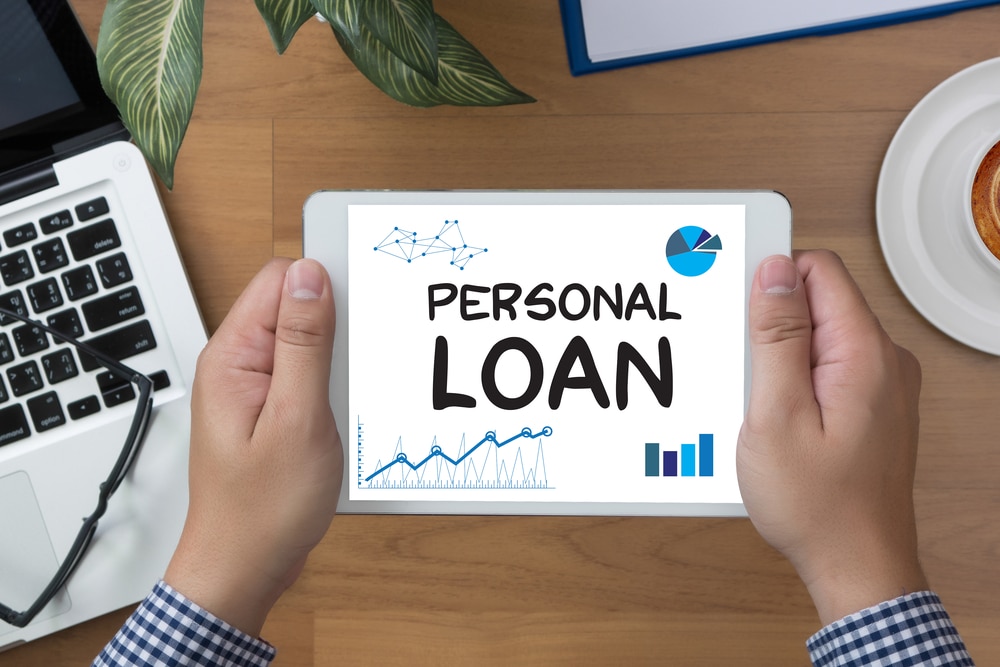When applying for a personal loan, many lenders are likely to ask for information about your current employment and credit history. So, does it mean you won’t obtain a loan if you are unemployed? No! There is still a good chance to secure a personal loan without being employed. However, you may have more obstacles to overcome than someone working. Read this article to learn how to get a personal loan as an unemployed individual.
Factors to Consider Before Submitting an Application for Personal Loan as an Unemployed
For many lenders, determining the borrowers’ income is a key process during loan approval. These lenders want to ensure that you have the capacity to repay the loan within the expected time frame. So, if you are unemployed, the lenders will likely doubt your ability to repay your debt on time. Here is what you should consider before sending your loan application:
📈🤖 Unlock unparalleled trading potential with GPT Stocks Master AI! Revolutionize your portfolio, leveraging real-time insights and predictive analytics. Don’t miss out – step into a world where precision and profitability meet. Ready to transform your trading journey? Click “Master My Trades” now for your exclusive access! ✨🚀📊
Determine How Much You Need to Survive
If you are no longer working and you want to obtain a personal loan to cover everyday expenses, then calculating the exact amount you need to meet your expenses for the next few months is essential. This allows you to borrow a sufficient amount of money and helps you avoid going into more debt.
Gauge Your Capability to Repay the Loan
Adding a new bill to your monthly budget as an unemployed individual can be a heavy financial burden. Therefore, before taking a personal loan, calculate its monthly cost. If you find that the monthly loan repayments are above your ability to repay, you can consider other options.
Take a Look at Your Credit Score and Credit Reports
Most major credit bureaus allow people to access their credit reports for free. So, get your report and check whether it has errors. If you discover any, dispute them before applying for a personal loan.
Furthermore, remember to check your credit score to help you identify the lender to whom you match their credit score requirement.
Get Your Paperwork Ready
Although you are currently not working, you can still submit your previous pay stubs to the lender to be considered for a loan. Also, you can provide documents like bank statements and tax returns to demonstrate your loan repayment ability.
Prepare to Explain the Purpose of the Loan
Some lenders usually ask borrowers to explain their reasons for applying for personal loans. So, it is crucial to have your answers ready as they determine the loan amount you can obtain.
Get a Co-Signer
It is easy for lenders to deny you a personal loan when you are unemployed. So, to boost your chances of obtaining the loan, you can get yourself a co-signer. This individual signs onto your personal loan. If you fail to make loan repayments on time, your co-signer’s credit score will drop along with yours.
Determine the Collateral to Offer
Lenders can consider granting you a personal loan if you offer collateral such as a certificate of deposit and a savings account.
Where to Submit Personal Loan Applications
Credit Unions
You do not need to be a member of a credit union to secure a personal loan. Find a credit union near you and ask about their requirements for emergency loans. A credit union like PenFed, for example, usually requires borrowers to submit tax returns and bank statements rather than pay stubs.
If you are a member of a credit union, you can obtain payday alternative loans. Their amounts range from $200 – $1,500, with a repayment period of up to six months.
Online Lenders
Most online lenders do not conduct income verification processes. Instead, they check your credit history and credit score. Online lenders like Upgrade credit your account within a day if you meet the set requirements.
Conclusion
Obtaining a loan when you are jobless is not advisable since it is risky, but sometimes it’s unavoidable. If you find yourself in such a situation, determine your repayment ability before applying for a personal loan.

